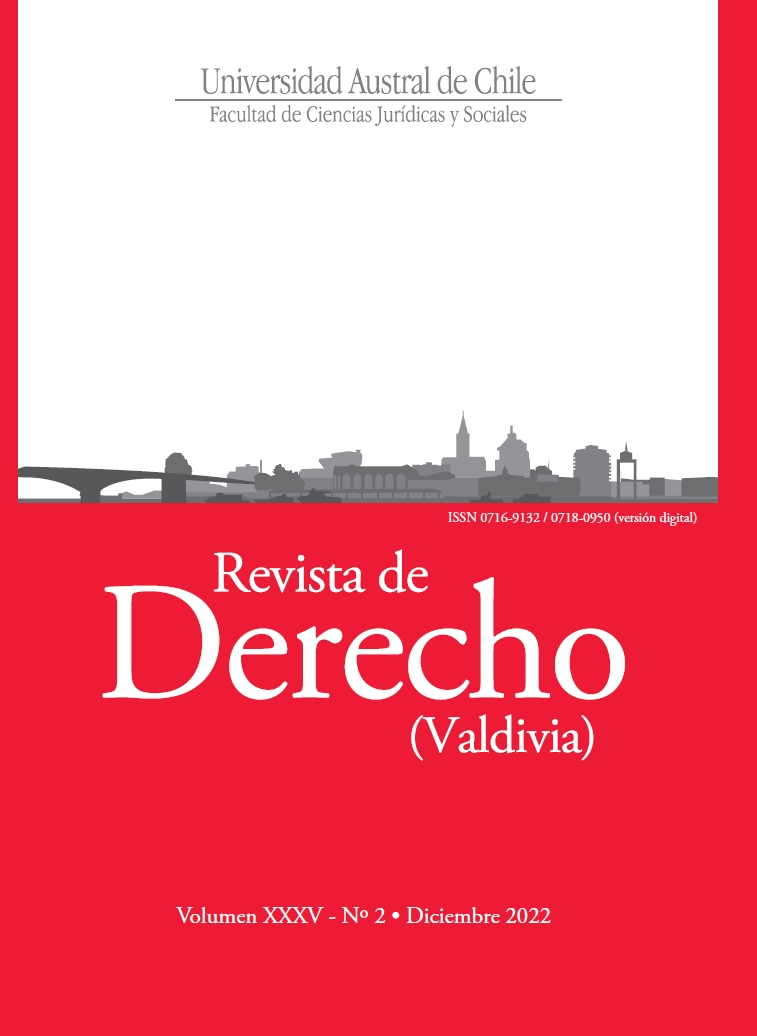Four dogmatic anomalies and their overcoming through the conception of guilt as a subjective link to the act, with the help of certain Aristotelian distinctions
Main Article Content
Abstract
The paper describes the existing anomalies in the treatment of special knowledge, the error on the objective assumptions of a cause of justification, deliberate ignorance, and the graduation of guilt and, based on them, presents a defense of individualizing criteria to establish criminal liability against the application of imputation rules based exclusively on “objective” or “normative” considerations. This is based on the principle of culpability and the Aristotelian distinctions between the involuntary, the voluntary (intentional and non-intentional), the non-involuntary due to responsible ignorance (deliberate or negligent) and the non-voluntary and indifferent, which make it possible to make the freedom-responsibility synallagma operative and overcome the anomalies described in a coherent manner.


 https://orcid.org/0000-0001-6596-5661
https://orcid.org/0000-0001-6596-5661